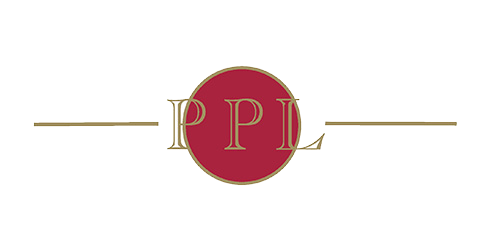– OR –
FIND YOUR ANSWERS BELOW:
We also assist clients with their general business matters, bookkeeping and accounting, as well as provide consulting services for various government related filings, including GST/HST, payroll, and SR&ED. We work with our business clients through the various stages of your business, from incorporation through growth, maturity and succession. This often involves tax planning between corporate and personal situations from the early stages of the business through to estate planning, including family succession planning and estate and trust tax preparation.
As a firm, we work with professionals in various fields to provide you with a network of highly qualified services you may require for your personal or business needs.
We would be happy to discuss your accounting and tax needs with you in further detail. Please don’t hesitate to contact us should you wish to schedule a meeting to see how we can help you.
A taxpayers RRSP contribution room is based on earned income in the prior year, less any deductible contributions made. An RRSP contribution can be deducted from a taxpayers income in the year that it’s made (including those made up to 60 days into the following calendar year), while a withdrawal from an RRSP is taxed as income in the year it’s withdrawn. The theory behind the RRSP is to allow a tax deduction at a time the taxpayer has other income and is typically in their higher tax-bracket years, and taxing these contributions upon withdrawal, which typically occurs upon retirement, when many taxpayers are typically in lower tax brackets. This can result in fairly significant tax deferral for many clients, and is an excellent way to save for retirement.
The TFSA contribution limit is currently increasing by $5,500 every January 1. As of January 1, 2016 the limit will be $46,500 for taxpayers that have not made contributions. This limit is reduced by the amount of contributions made by a taxpayer, but available contribution room does not regenerate upon a withdrawal until the following January 1. Although any income growth within TFSA’s is not taxable, a TFSA contribution is not tax deductible, meaning TFSA withdrawals are not taxed when taken out. The TFSA is an opportunity to earn investment income on a tax-free basis, rather than on a tax deferred basis as with the RRSP. This can be an excellent short/medium range savings tool for potential renovations, future tuition savings, special projects, etc.
For more information on how to maximize the use of these tools to your advantage, please contact us.
There are different deadlines for tax objections, tax installments, GST/HST returns, trust (T3) returns, returns for deceased taxpayers, payroll taxes, T4 slips, etc. so we encourage you to discuss your specific deadlines with your PPL representative.
We work with excellent U.S. tax specialists and will work with you and the specialist to ensure that all of your Canadian and U.S. tax filing needs are met.
The rules are rather complex, however, for example, personal use property (such as a vacation home in Florida) is normally exempt, whereas U.S. stocks held in a Canadian brokerage account do meet the definition of “specified foreign property” and are required to be reported. There are costly penalties associated with late or incorrect filings. In some cases, if a taxpayer is ‘offside’ in terms of prior year filings, the Voluntary Disclosure Program can be an effective way of filing previously due T1135’s while potentially avoiding the penalty assessments.


